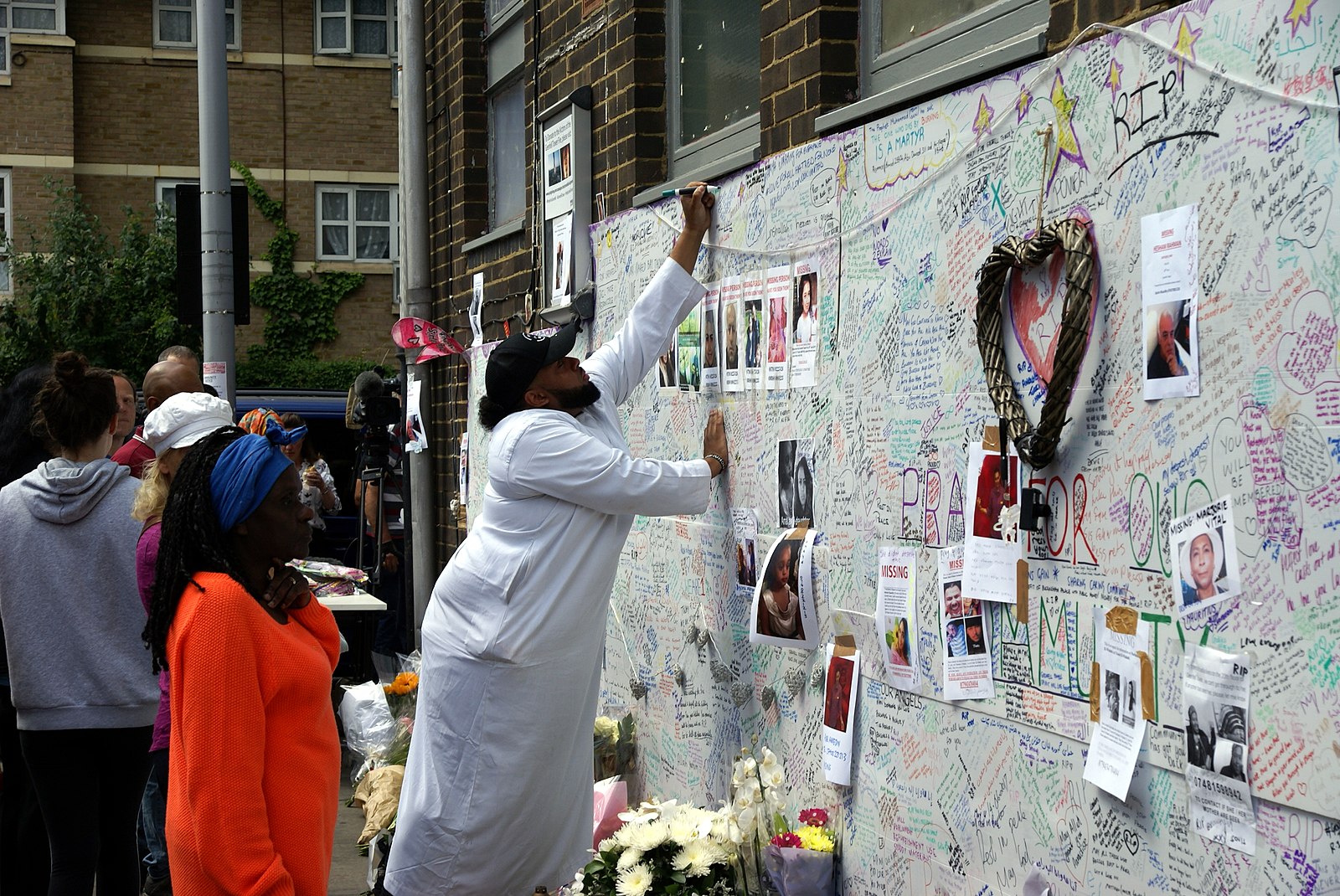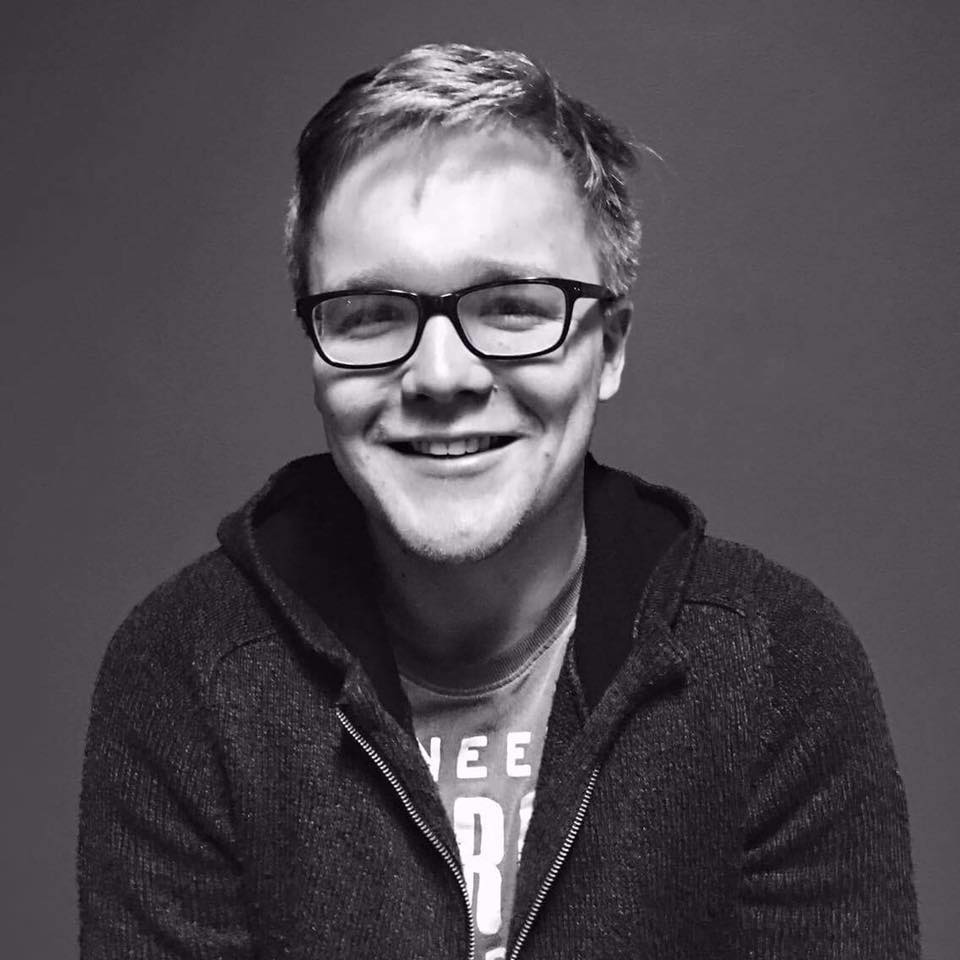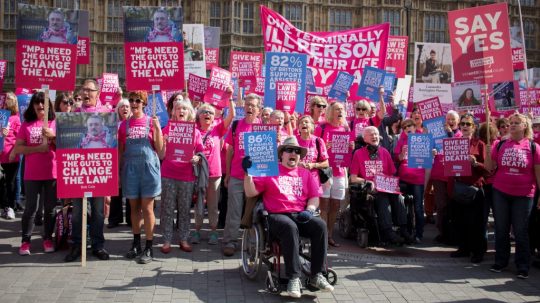On the one year anniversary of Grenfell, two housing rights campaigners explain what they believe still needs to change.
Since the Grenfell Tower fire, much has been said about its cause, how to prevent a similar disaster, and what’s been done to accommodate survivors. An inquiry has been set up to investigate the reasons behind the tragedy which killed 72 people.
But Frances Clarke is “not optimistic at all” that things will change quickly enough. Clarke is a member of Tower Blocks UK, an organisation set up after Grenfell to provide support to tenants across the country and advocate for systemic changes to building regulations.
Becka Hudson, the Network Coordinator for the Radical Housing Network, also told us she agreed with Grenfell campaigner Edward Daffarn’s assessment that “Grenfell two is in the post.”
We spoke to Clarke and Hudson about human rights issues in the rental sector and what they believe needs to happen to prevent a second Grenfell.
Do We Need Housing Rights Groups?
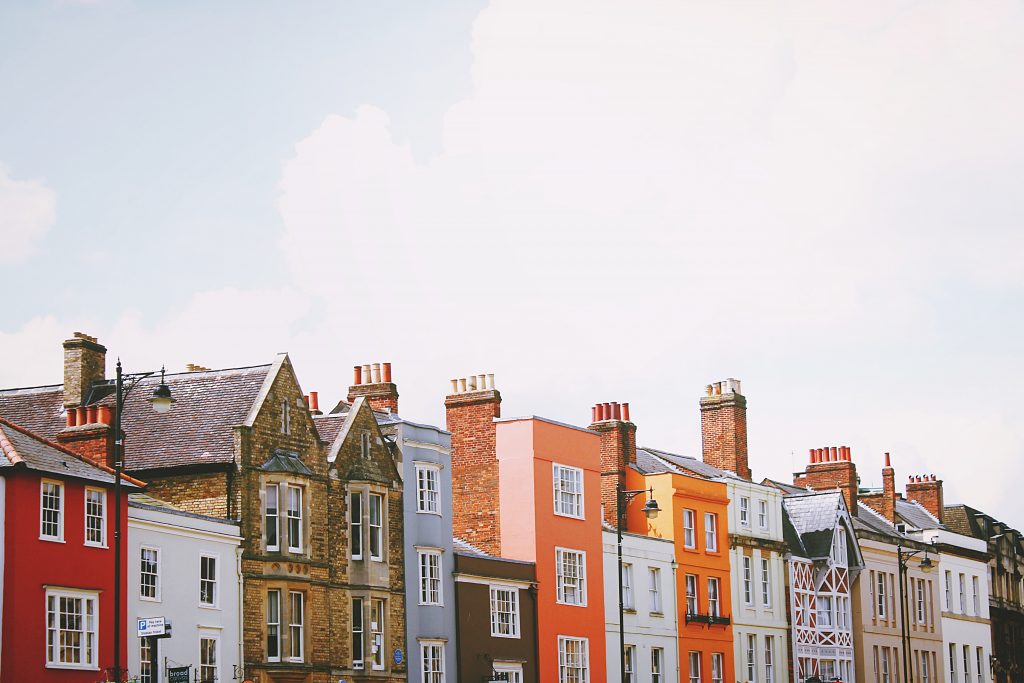
Image: Toa Heftiba/ Unsplash.com
The Radical Housing Network has existed since 2013 to support tenants and housing groups across London. It includes the Grenfell Action Group, whose blog predicted the fire and lambasted the Kensington and Chelsea local authorities for alleged safety failures.
Tower Blocks UK was created after Grenfell by Frances Clarke, Sam Webb and Liz Lowe, who had all previously worked in local communities on tenancy rights issues. Clarke argued that organisations like Tower Blocks UK are necessary because of Grenfell and similar incidents in the past. She pointed to the 1968 Ronan Point collapse, which was found to not be “structurally sound,” as well as the Lakanal House Fire in 2009.
Slow Progress For Change
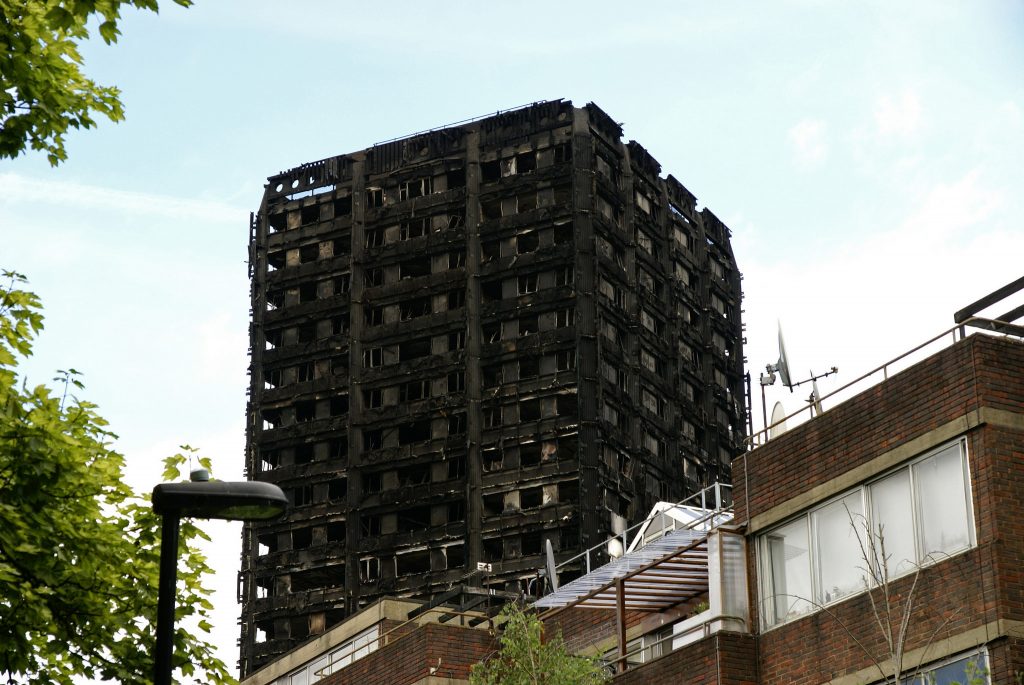 Image: ChiralJon/ Flickr.com
Image: ChiralJon/ Flickr.com
“In the Lancaster West estate, where Grenfell is, there are a huge number of issues,” Hudson argued. “Several households are still in hotels and their needs are not being met. [This is also true for] people who lived on the estate and were still displace by the fire. There are 74 households from the estate who are facing an impossible choice: stay in their council house on the estate where they feel trauma every day and feel very unsafe or move into very insecure temporary accommodation.”
Hudson believes the regeneration programmes could pose a threat to stable housing. “Ledbury estate in Southwark has been left in a state of disrepair for years, it’s been deemed unfit for human habitation – but the residents are still living there,” she explained.
“When they’ve gone to Southward council, asking they do some repairs and refurbishment,” she continued, “the council have said they’re going to demolish and rebuild the whole estate. As many estate residents know, when councils say that, what they usually mean is make it into luxury flats with only a small amount of affordable and social housing.”
There are 74 households from the estate who are facing an impossible choice: stay in their council house on the estate where they feel trauma or move into very insecure temporary accommodation.
Becka Hudson, Radical Housing Network
Clarke also outlined what she thinks could be done to prevent another disaster like Grenfell. “The first thing that needs to be done is to assess what the conditions of the buildings are,” she said. “All tower blocks that have been refurbished are in question. Did the people who put in the new systems do fire stopping at every level? Or have they created a series of gaps or a series of holes, an internal chimney? Also cladding, not just ACM cladding but all cladding – is it flammable?”
It’s been deemed unfit for human habitation – but the residents are still living there.”
Becka Hudson, Radical Housing Network
“At Grenfell fire doors didn’t meet fire regulations, windows didn’t either. I think we’re finding you can’t take anything for granted,” Clarke added.
Looking Forward
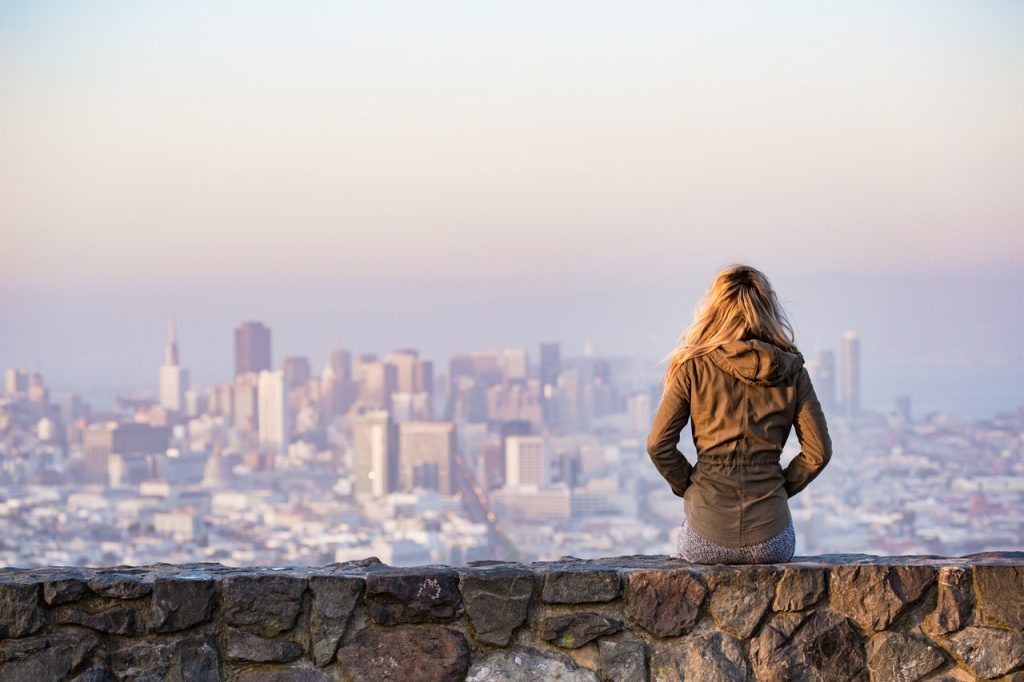
Image: picjumbo.com/ Unsplash.com
Clarke expressed dissatisfaction with the response to the Grenfell tower fire. “Cladding is being taken down, and I think councils have got to take it down and deal with it. That is one area in which people are safer but there are many others where nothing has been done yet.”
“[I am] not optimistic at all. In our previous work, in the 1990s, we carried out a fire safety survey, Sam and I, and we found fire safety risks in blocks in major cities. We reported that then but nothing has actually changed.
I think we’re finding you can’t take anything for granted.
Frances Clarke, Tower Blocks UK
“Someone died in a fire that spread in the early 1990s,” Clarke continues. “We then had the Lakanal House fire where people were trapped in their flats and died due to fire spread. Even though the coroner suggested we have sprinklers installed to protect people, nothing happened.”
Hudson also highlighted the fact that Grenfell’s fire was not a one-off incident and that these disasters can be prevented.
“Local authorities can immediately commit to high quality repairs and refurbishment for people’s homes,” she argued. “If local authorities don’t have the funds, and central government are expecting the public to take their Grenfell apology seriously, they should be giving money to local authorities.”
“Sadiq Khan introduced a ballot for regeneration, so all local authorities should be abiding by that, making sure they ballot estates on any refurbishment plans. Residents are the experts on their own lives and their own housing situations.”
But both housing campaigners are seriously concerned about the speed at which such change is coming.
“If people want to help and they are not directly affected, look up what your local housing group, find out what issues they are dealing with,” Hudson explained. “A lot of the time what’s needed isn’t even expert housing advice, it can be things like childcare at a meeting.”
“You can’t predict the future,” Clarke remarked. For some campaigners, there are fears a second Grenfell may not be out of the question.

